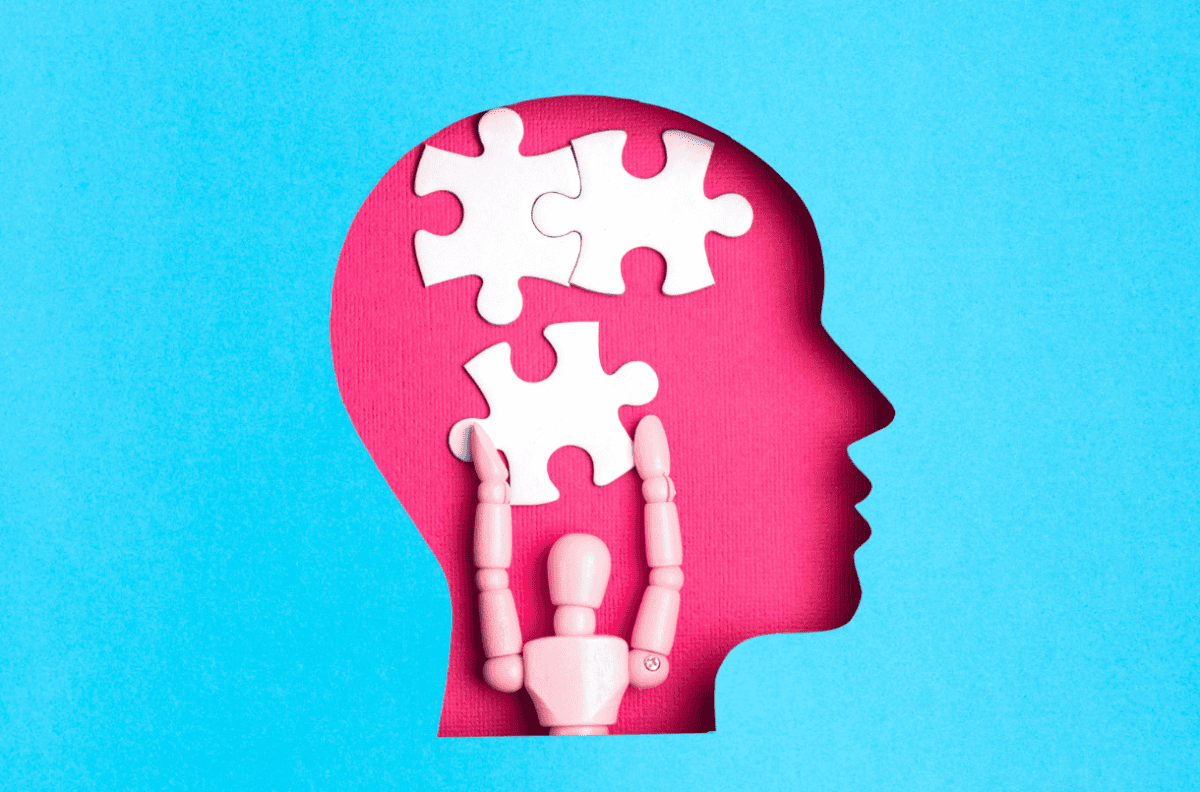Enhancing learning and boosting cognitive function are key goals for people of all ages, whether you’re a student aiming for academic success or an adult looking to improve mental sharpness. When you adopt the right strategies and create supportive environments, you can optimize how your brain processes information and retains knowledge.
Read on to explore effective methods to improve learning and supercharge cognitive function, achieving long-term benefits for both children and adults.
Ways to Enhance Learning and Supercharge Cognitive Function
Create a Structured Learning Environment
Perhaps the most important factor in enhancing learning is the environment in which it takes place. A well-organized, structured environment can help minimize distractions and improve focus.
For children, this means creating a designated study area that is free of noise and clutter, with the right tools readily available, such as notebooks, pens, and technology. For adults, especially those working or studying from home, establishing a distraction-free zone for learning or professional development is a must.
In some cases, additional support may be needed to address specific learning or cognitive challenges. For those living in North Carolina, accessing learning and behavior support services in Asheville, NC can provide specialized strategies and tools to help students or adults overcome difficulties and achieve their full potential. These services are designed to tailor learning techniques to individual needs, resulting in a more productive and supportive environment for cognitive development.

Engage in Active Learning Techniques
Active learning involves more than simply reading or listening to information—it’s about engaging with the material in a meaningful way. Techniques such as summarizing information, asking questions, and teaching the content to someone else can deepen your understanding and retention of the material. This method encourages the brain to actively process the information, so it’s easier to recall later on.
Incorporating active learning strategies into study routines can be highly effective for both children and adults. Using flashcards, group discussions, or practice tests can help reinforce key concepts and promote better long-term retention. The key is to stay engaged and challenge yourself to think critically about the subject matter.
Prioritize Regular Physical Activity
Physical activity is beneficial for your body and plays a significant role in cognitive function. Regular exercise has been shown to enhance brain function by improving memory, attention, and problem-solving skills. Aerobic exercise, strength training, and even simple stretching are all activities that can increase blood flow to the brain, stimulating growth and promoting better mental clarity.
For children, incorporating physical activity into their daily routine is essential for both physical and cognitive development. Encouraging regular outdoor play, sports, or even active breaks during study sessions can lead to better focus and academic performance. For adults, finding time for exercise—even short walks or quick workouts—can boost cognitive function and alleviate stress, which often impairs learning.
Adopt a Brain-Boosting Diet
What you eat can have a profound impact on your brain health and cognitive function. A diet rich in nutrients like omega-3 fatty acids, antioxidants, and vitamins supports brain health and enhances cognitive abilities. Foods such as fatty fish, leafy greens, berries, and nuts are particularly beneficial for memory, learning, and overall brain function.
Hydration is equally important—drinking enough water throughout the day helps maintain optimal brain performance. Dehydration is the primary cause of impaired concentration, memory problems, and reduced cognitive function. When you incorporate brain-boosting foods and stay hydrated, you can create the ideal conditions for improved learning and mental performance.
Get Enough Sleep and Rest
Sleep is critical for memory consolidation and cognitive function. During sleep, the brain processes and stores information learned throughout the day, so you can retrieve and apply that information later. Lack of sleep, on the other hand, can severely impair concentration, problem-solving skills, and decision-making.
Students should get adequate rest is especially important for academic performance. Make sure that sleep routines are consistent, with a full 7-9 hours of sleep each night. Those balancing work, family, and other commitments will need to prioritize sleep to improve productivity and mental clarity and stay focused and sharp throughout the day.
Practice Mindfulness and Stress Management
When the brain is overloaded with stress, it can become more difficult to focus, retain information, and solve problems. Practicing mindfulness techniques such as meditation, deep breathing exercises, and relaxation strategies can help reduce stress and improve mental clarity.
Mindfulness practices are useful for both children and adults. Students can introduce mindfulness activities into their daily routine to manage anxiety related to schoolwork or exams. Adults can set aside time each day to relax and clear the mind can improve cognitive function and enhance learning abilities. Regular stress management helps maintain focus and promotes overall mental well-being.

Incorporate Cognitive Training Exercises
Cognitive training exercises, or brain games, are designed to improve specific mental abilities such as memory, attention, and problem-solving. Activities like puzzles, memory games, and even certain video games can stimulate brain function and encourage the development of new neural connections.
These exercises can be incorporated into everyday routines to keep the brain active and engaged. For children, using fun, educational games can enhance learning while keeping them entertained. Adults can use gamification in the form of apps or programs that offer cognitive training to delay age-related cognitive decline.
Foster a Growth Mindset
Cultivating a growth mindset—believing that abilities and intelligence can be developed through effort and learning—is crucial for enhancing cognitive function and learning.
People with a growth mindset tend to embrace challenges, persist in the face of setbacks, and view effort as a path to mastery. Encouraging this mindset, particularly in students, leads to greater resilience and a willingness to tackle difficult subjects.
Adopting a growth mindset can help overcome learning plateaus and improve problem-solving abilities in adults or working professionals. By viewing challenges as opportunities for growth rather than obstacles, both children and adults can enhance their learning capacity and achieve better results.
The enhancement of learning and boosting cognitive function requires a multifaceted approach that includes creating supportive environments, engaging in active learning, and adopting healthy lifestyle habits.
By incorporating strategies such as structured learning, regular physical activity, and mindfulness practices, individuals of all ages can improve their cognitive abilities and achieve better academic and personal outcomes. With the right tools and support, anyone can unlock their full learning potential.


